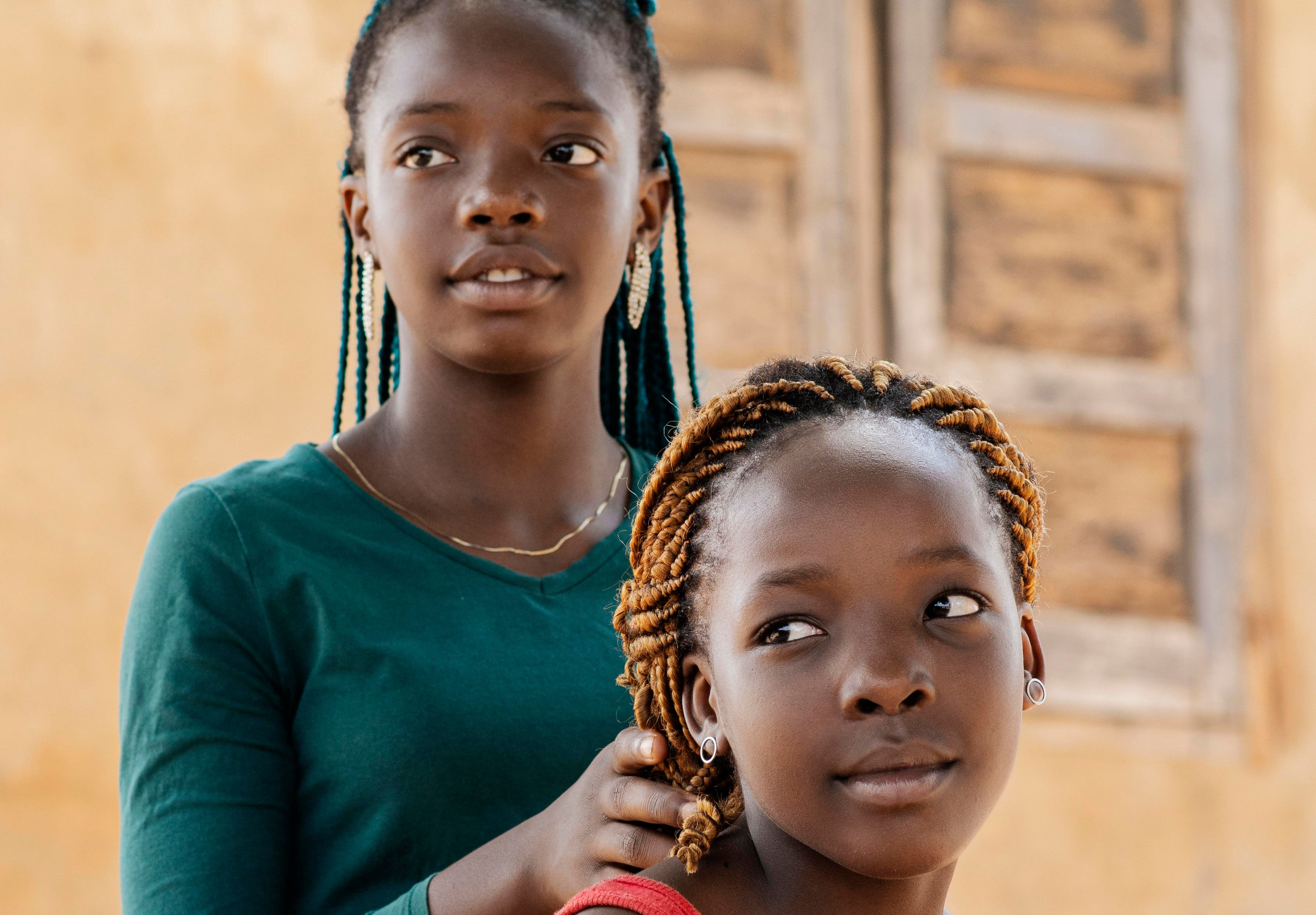Building on research findings and effective interventions in low-and middle-income countries, this policy brief identifies key risks, including bullying and stigma, and facilitators, such as positive parenting and social support, that influence pathways between mental health and HIV outcomes for adolescents. It is part of a broader series that aims to support the translation of research into improved adolescent sexual reproductive health and HIV programming.
Good mental health and psychosocial wellbeing is especially important for adolescents during their transition to adulthood. It can support resilience and help initiate healthy behaviours that shape long-term positive health outcomes. Evidence shows that adolescents living with HIV are more likely to experience mental health challenges compared to their peers who do not have HIV. Poor mental health outcomes have been linked to low rates of adherence to life-saving antiretroviral treatment (ART) and retention in care. Understanding risk factors and protective factors that influence mental health and ART adherence amongst adolescents is critical for effective programming. Within eastern and southern Africa, there is great momentum to identify and scale-up interventions that address mental health and improve treatment, care and support for adolescents living with HIV.
